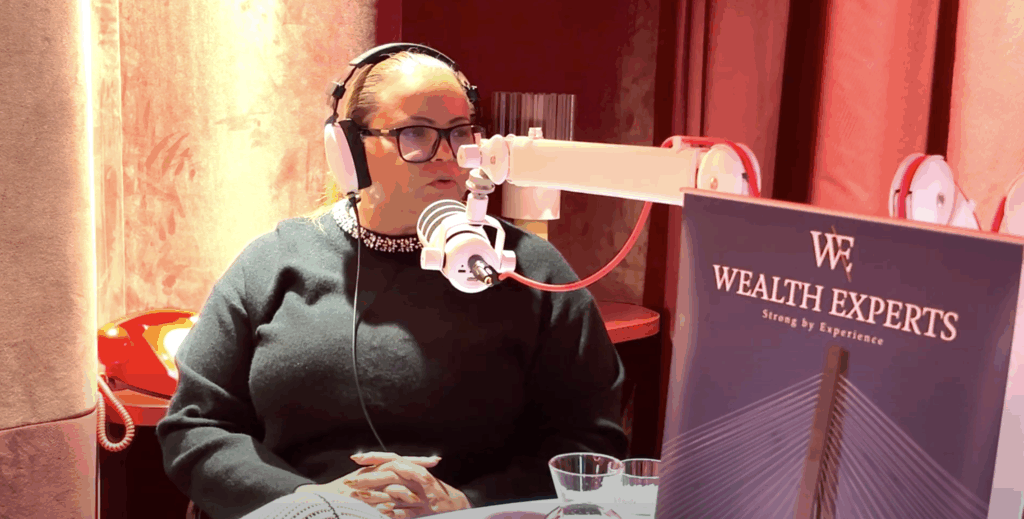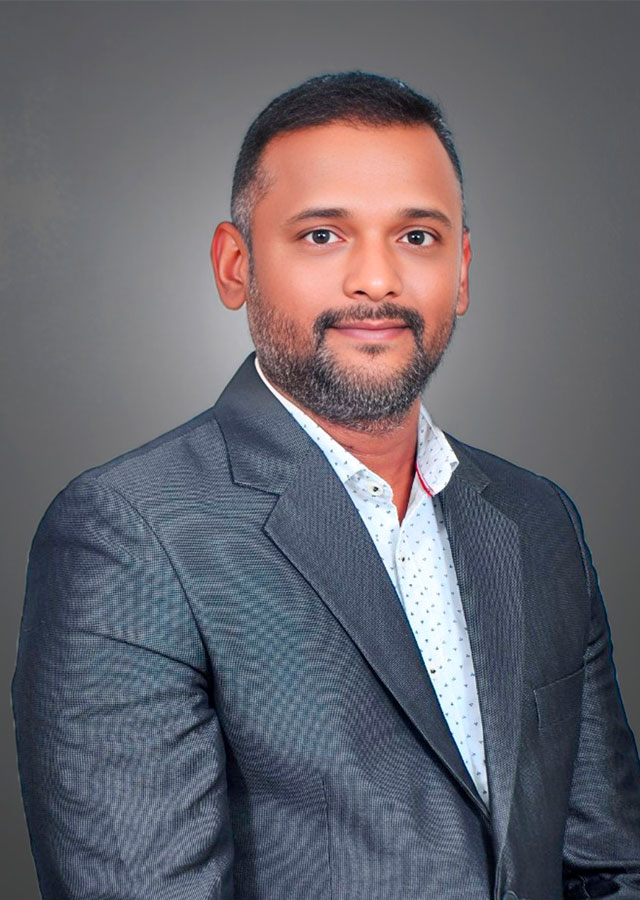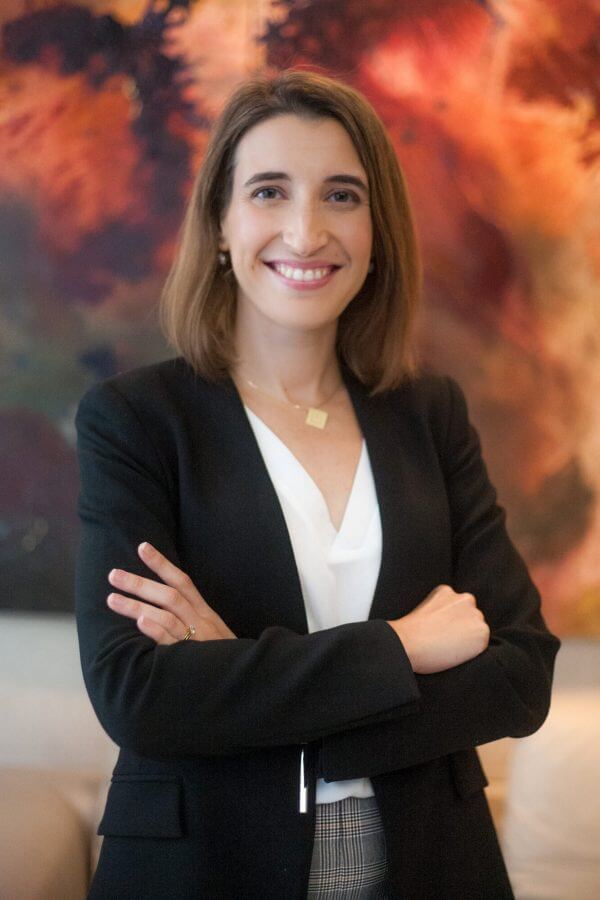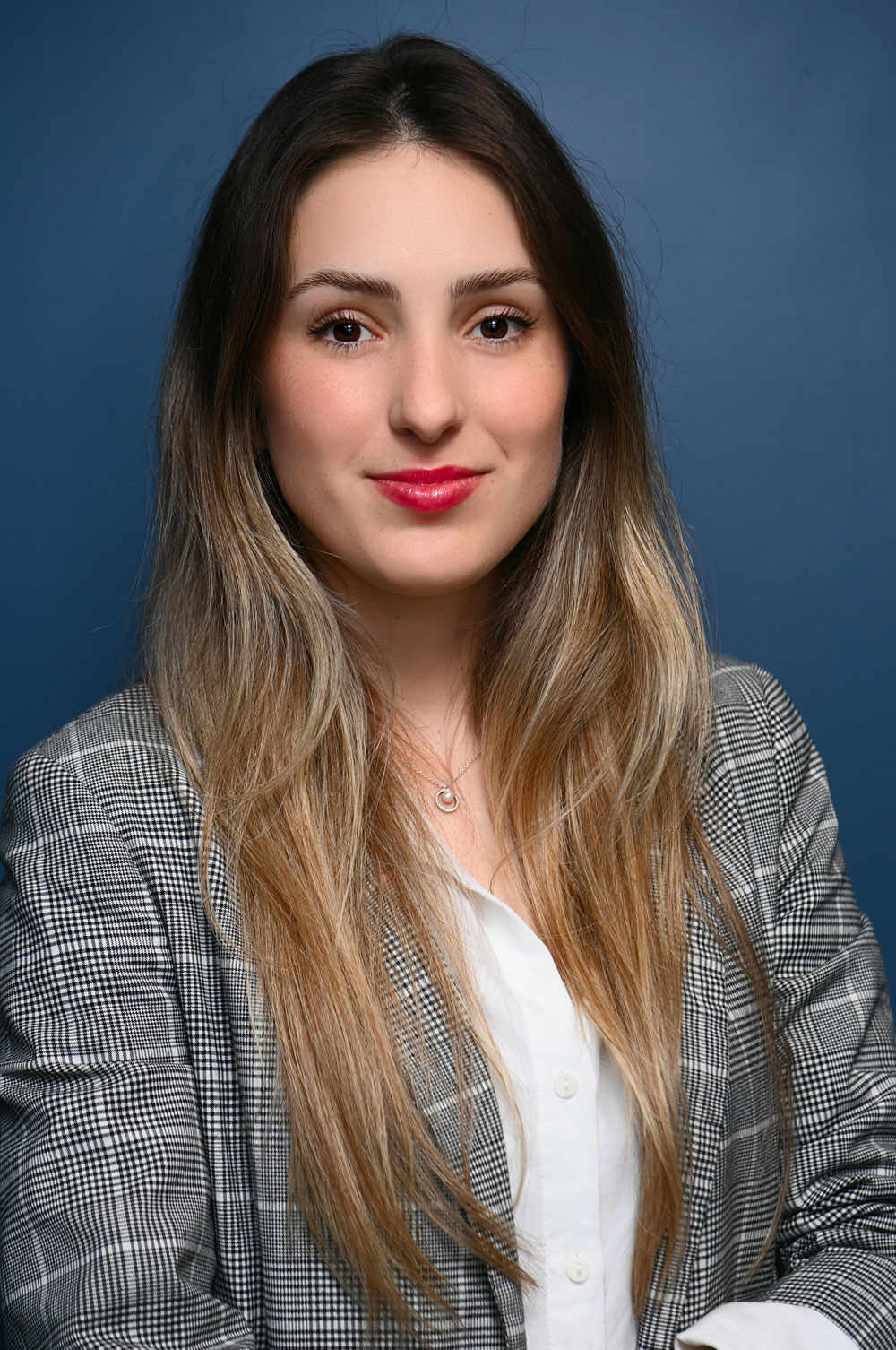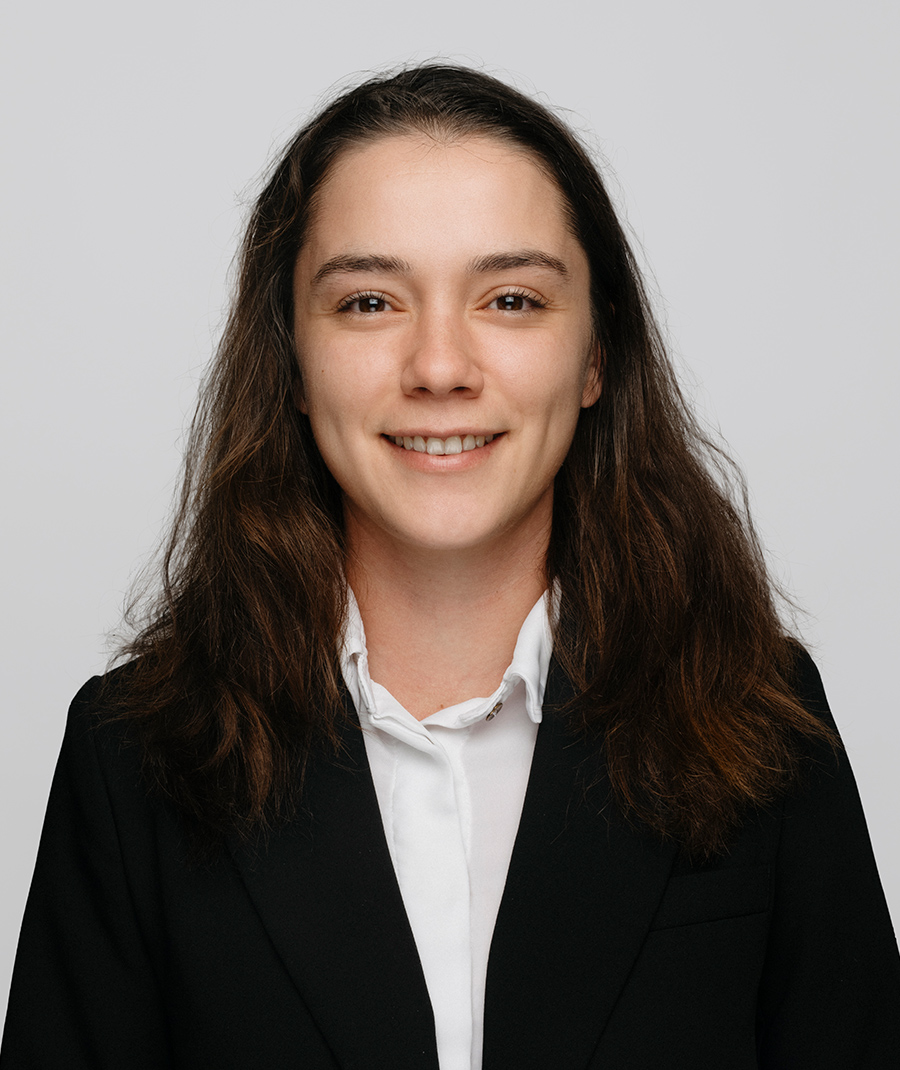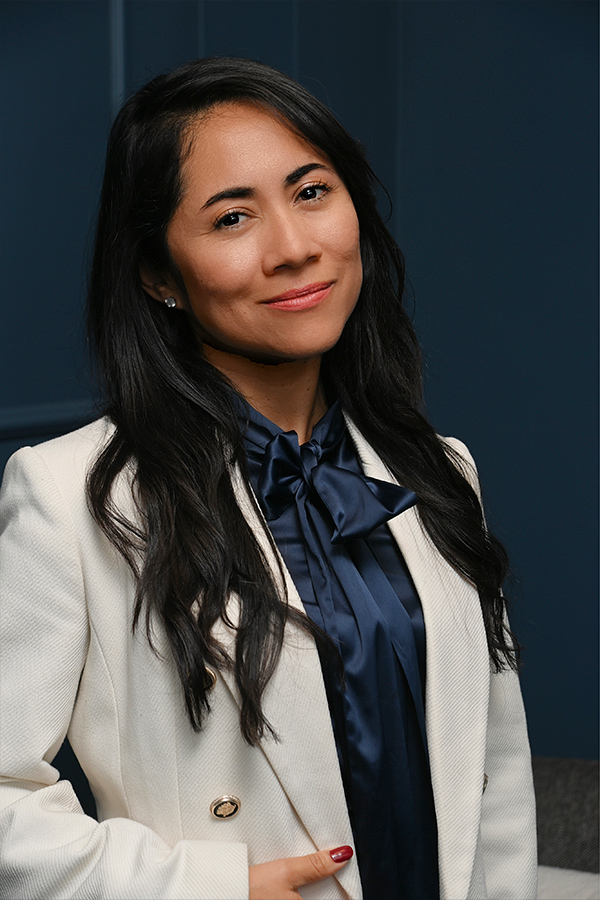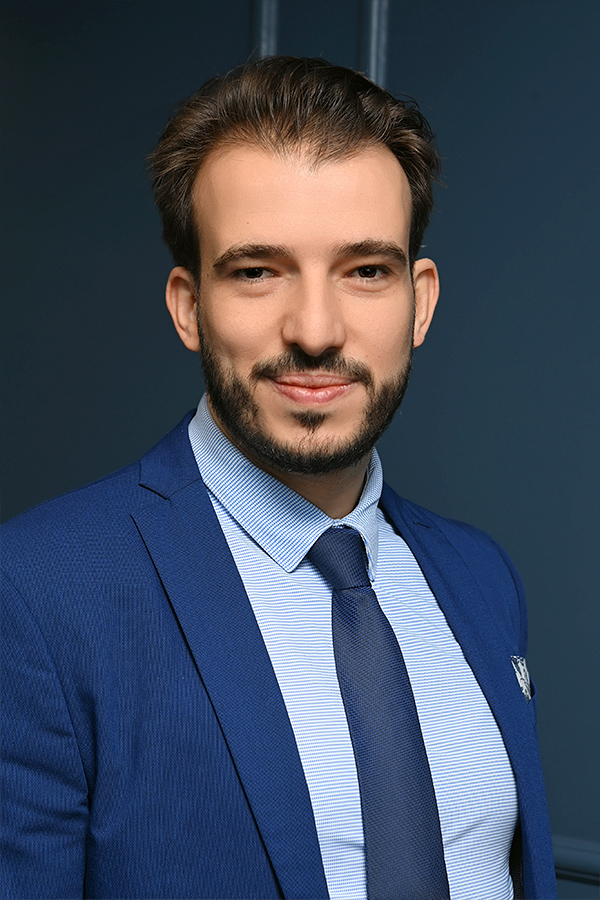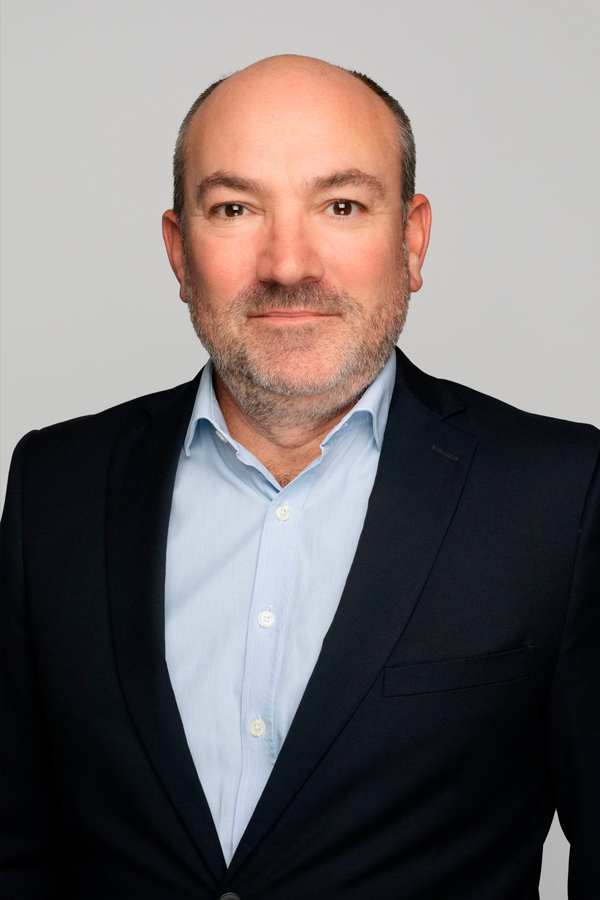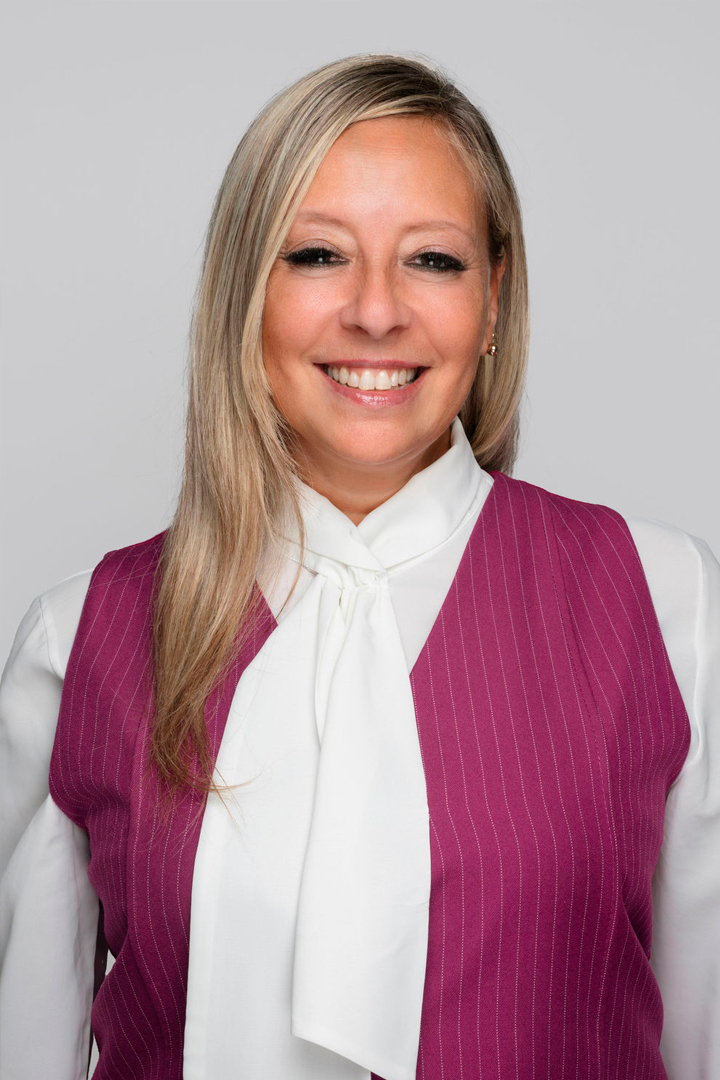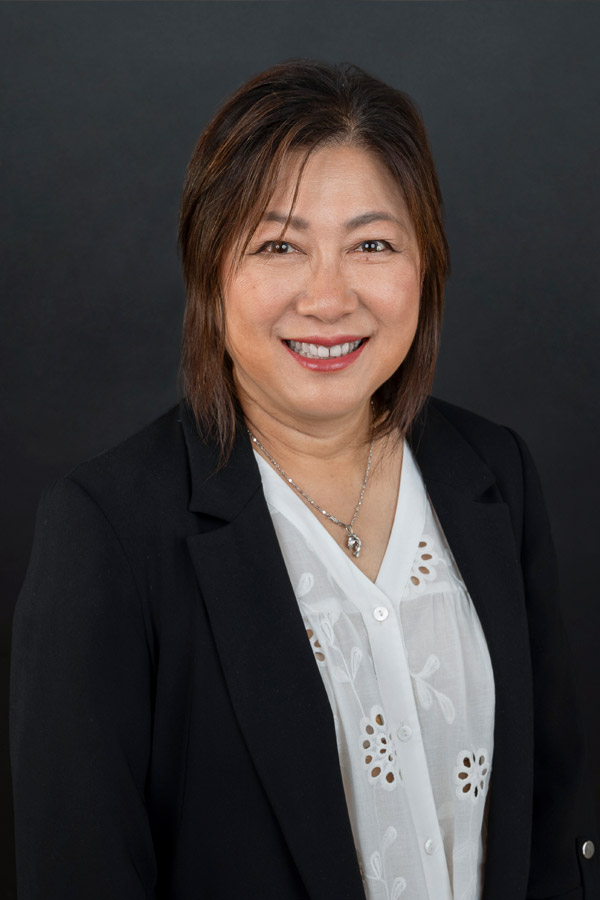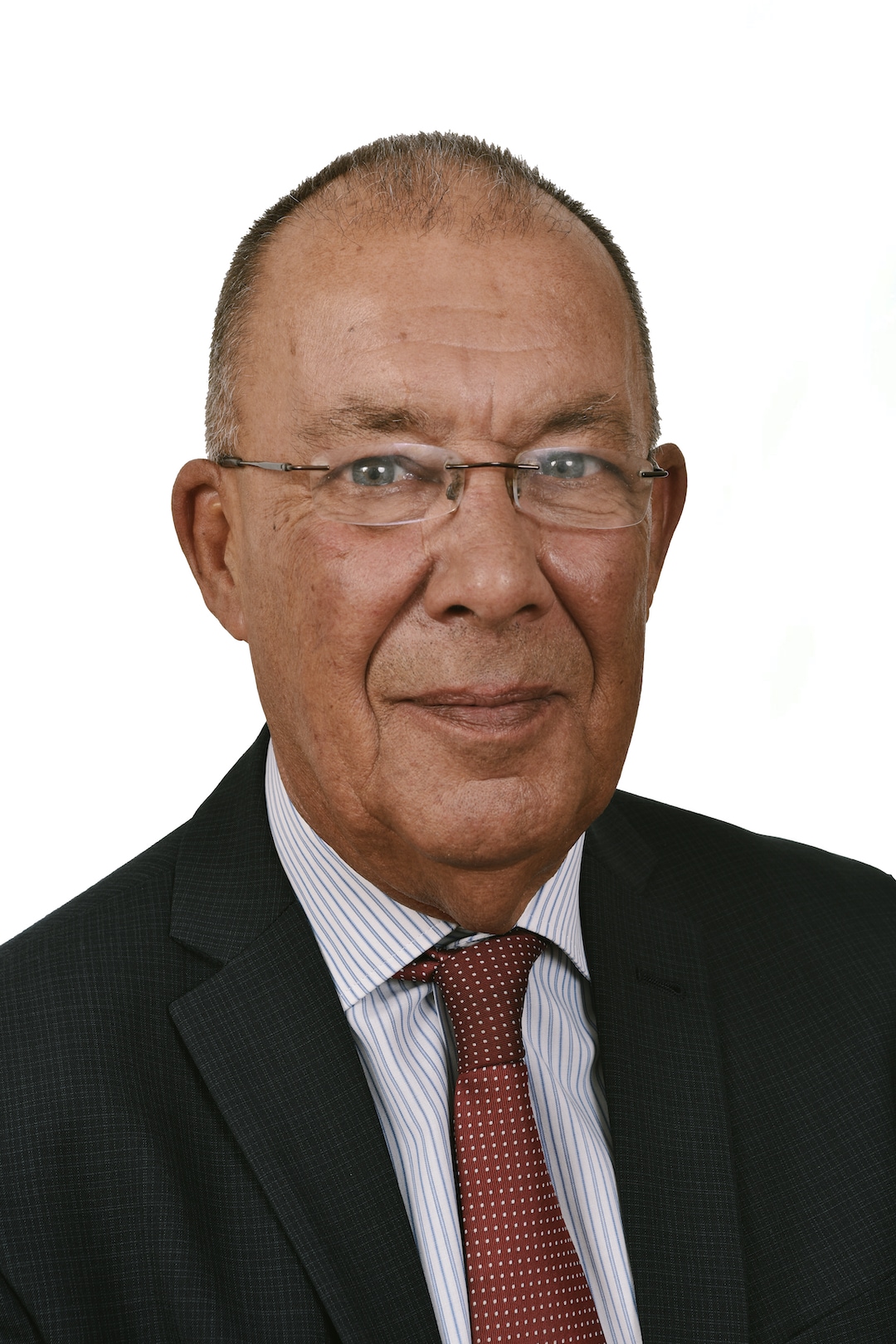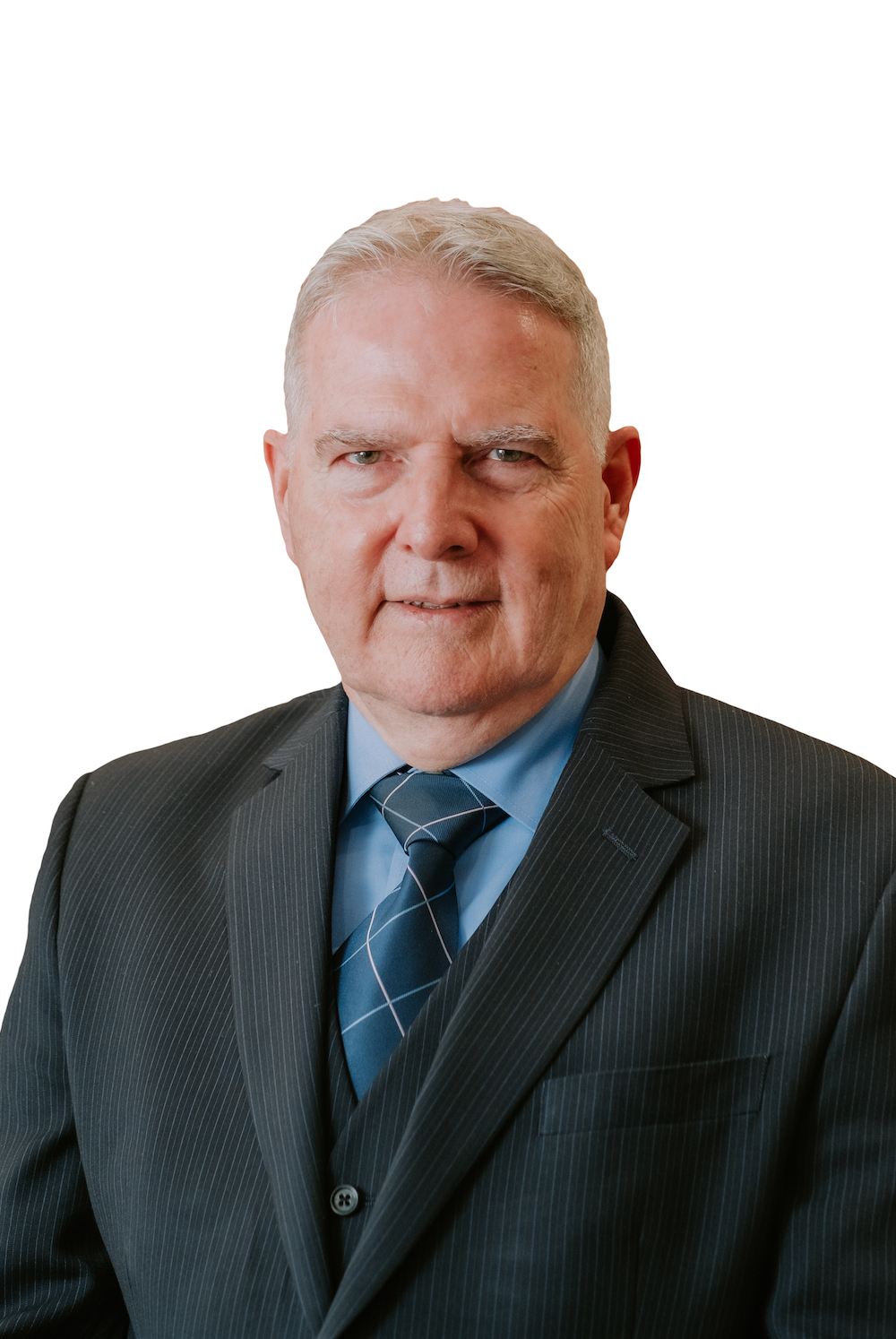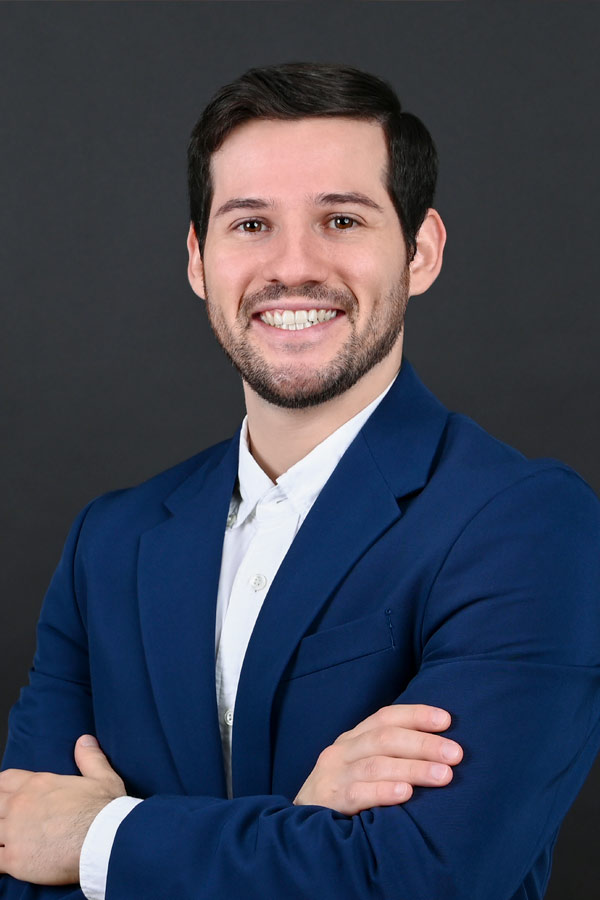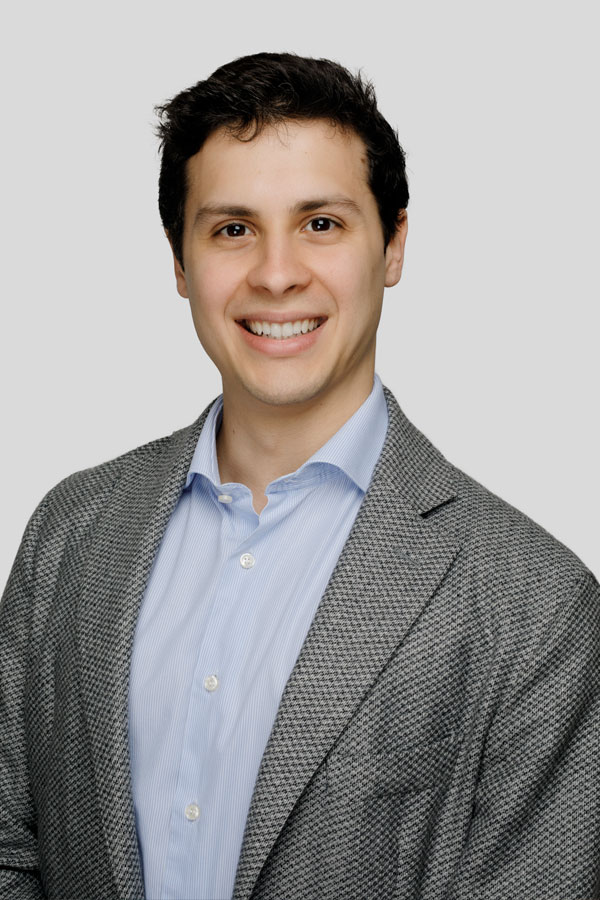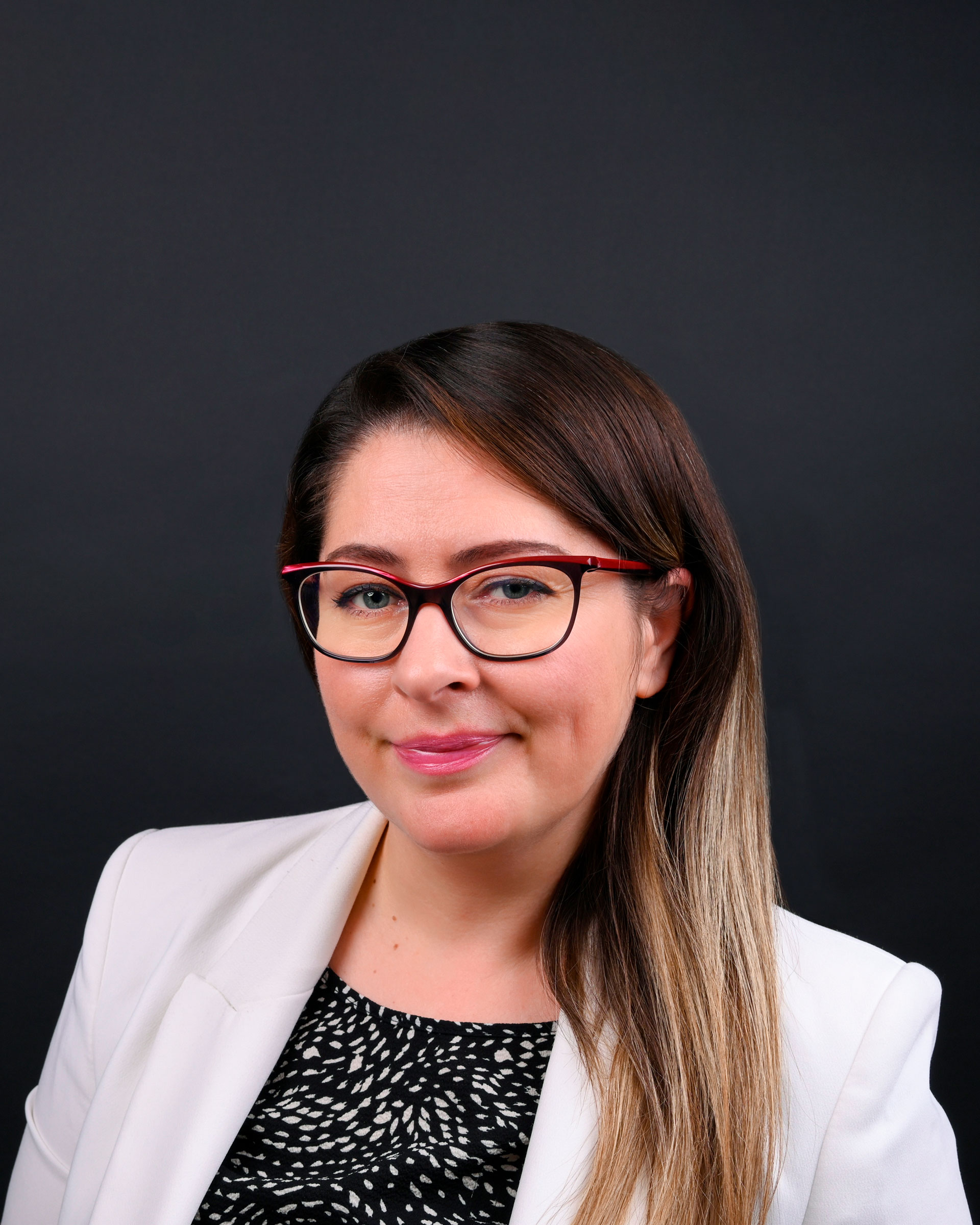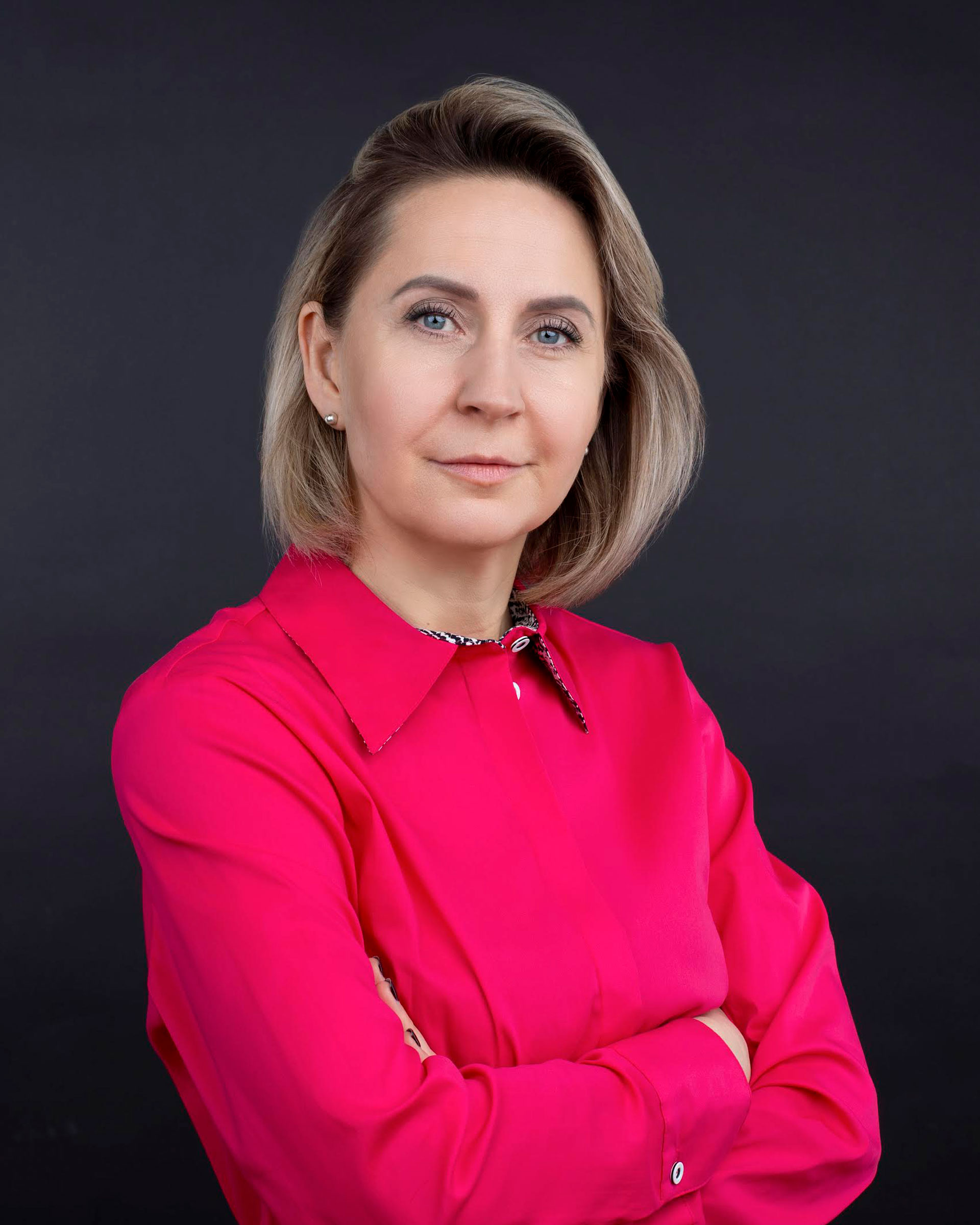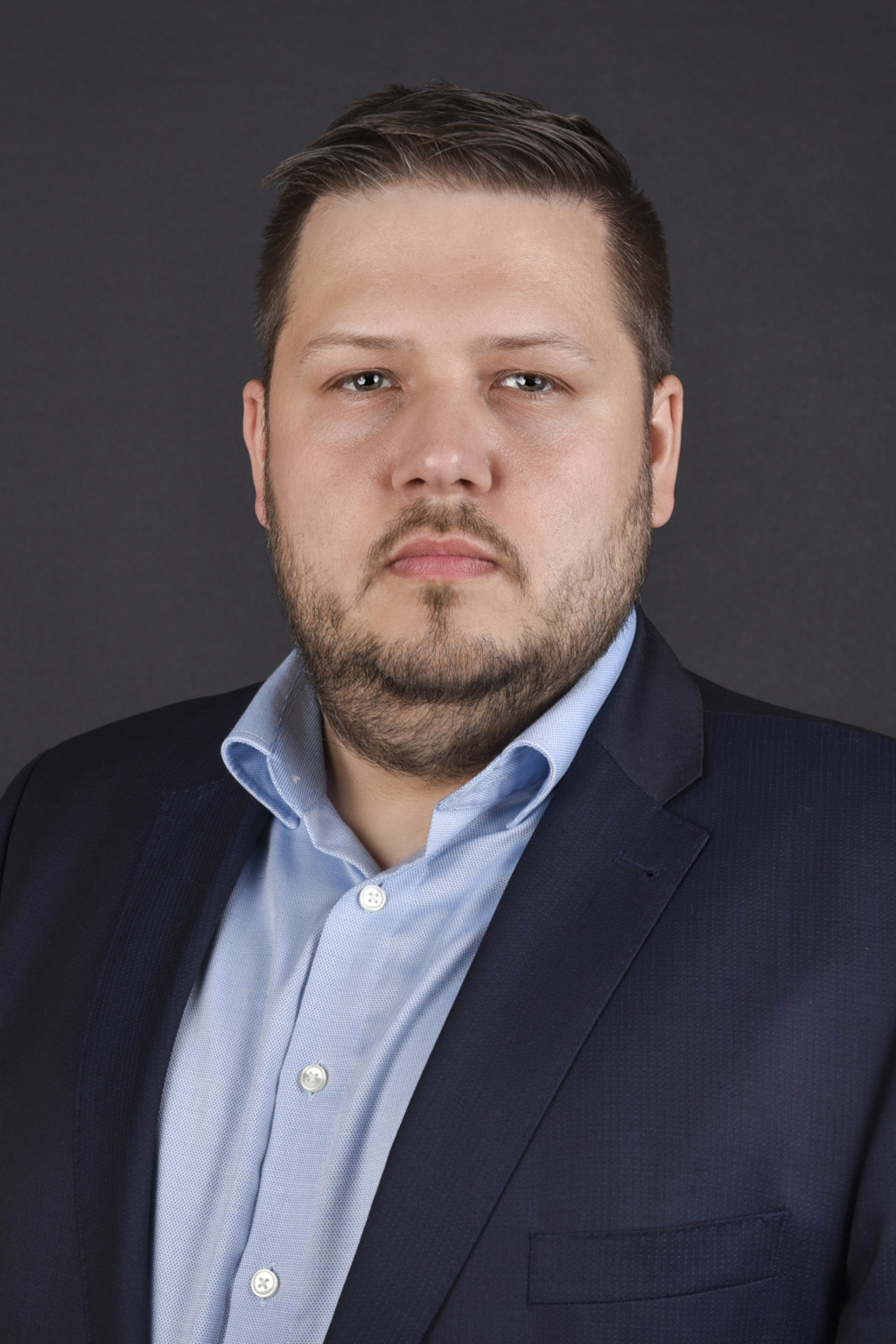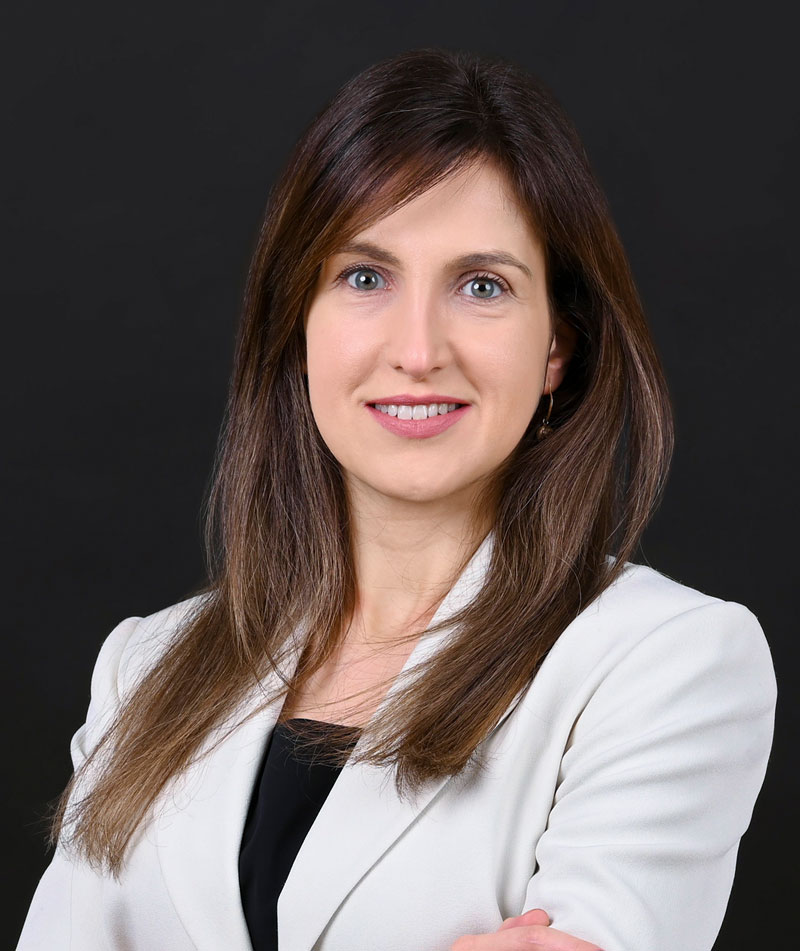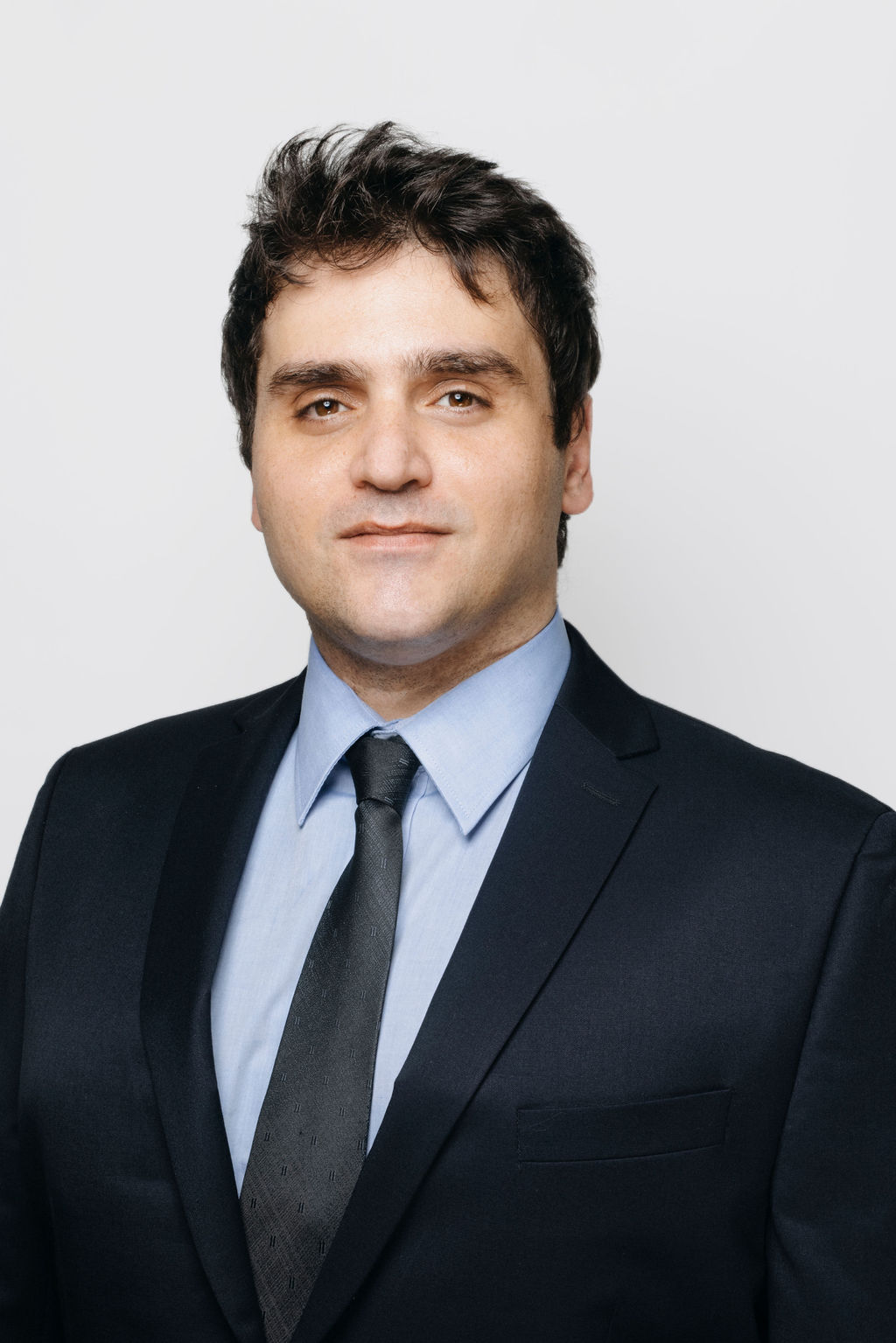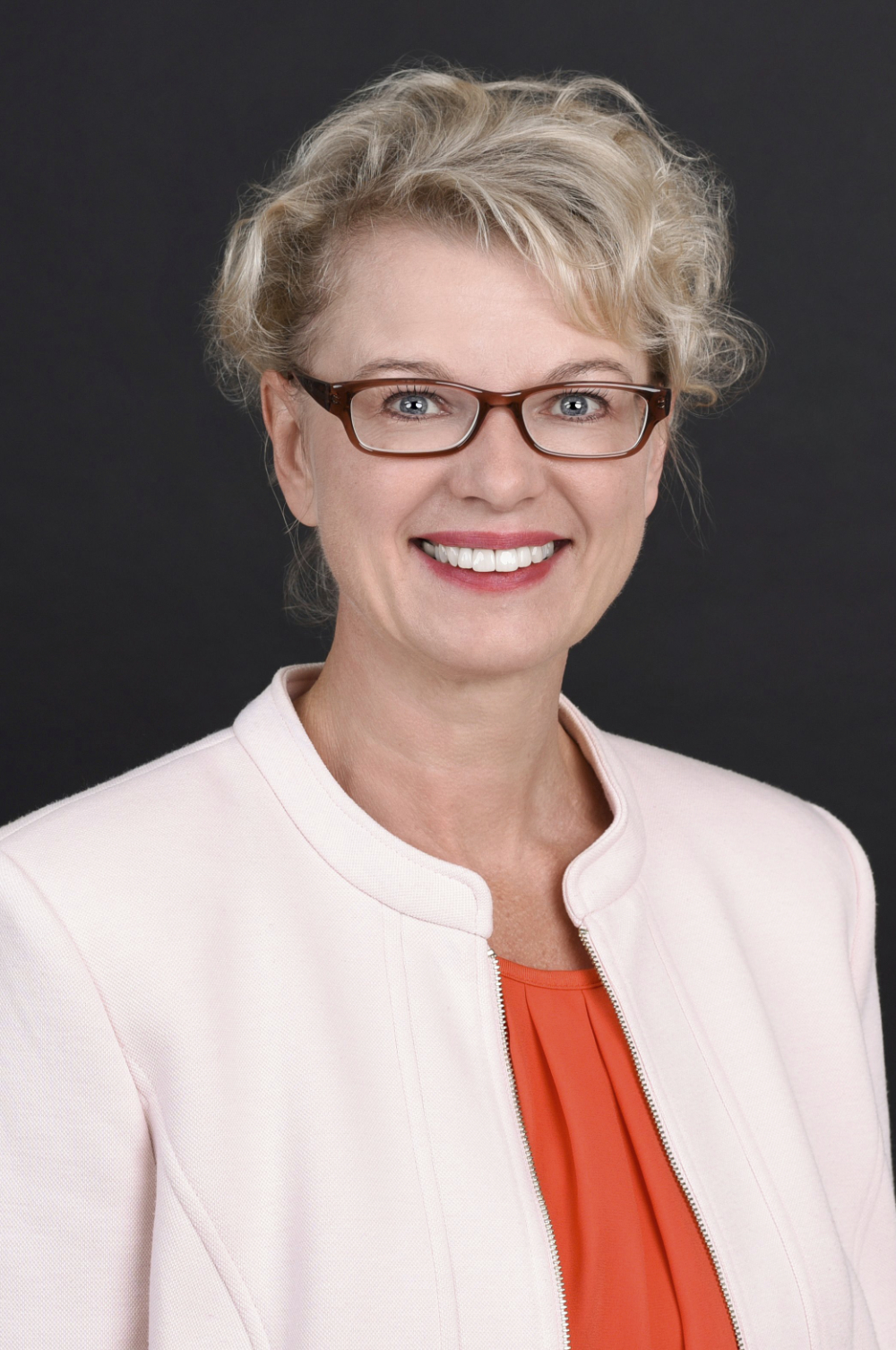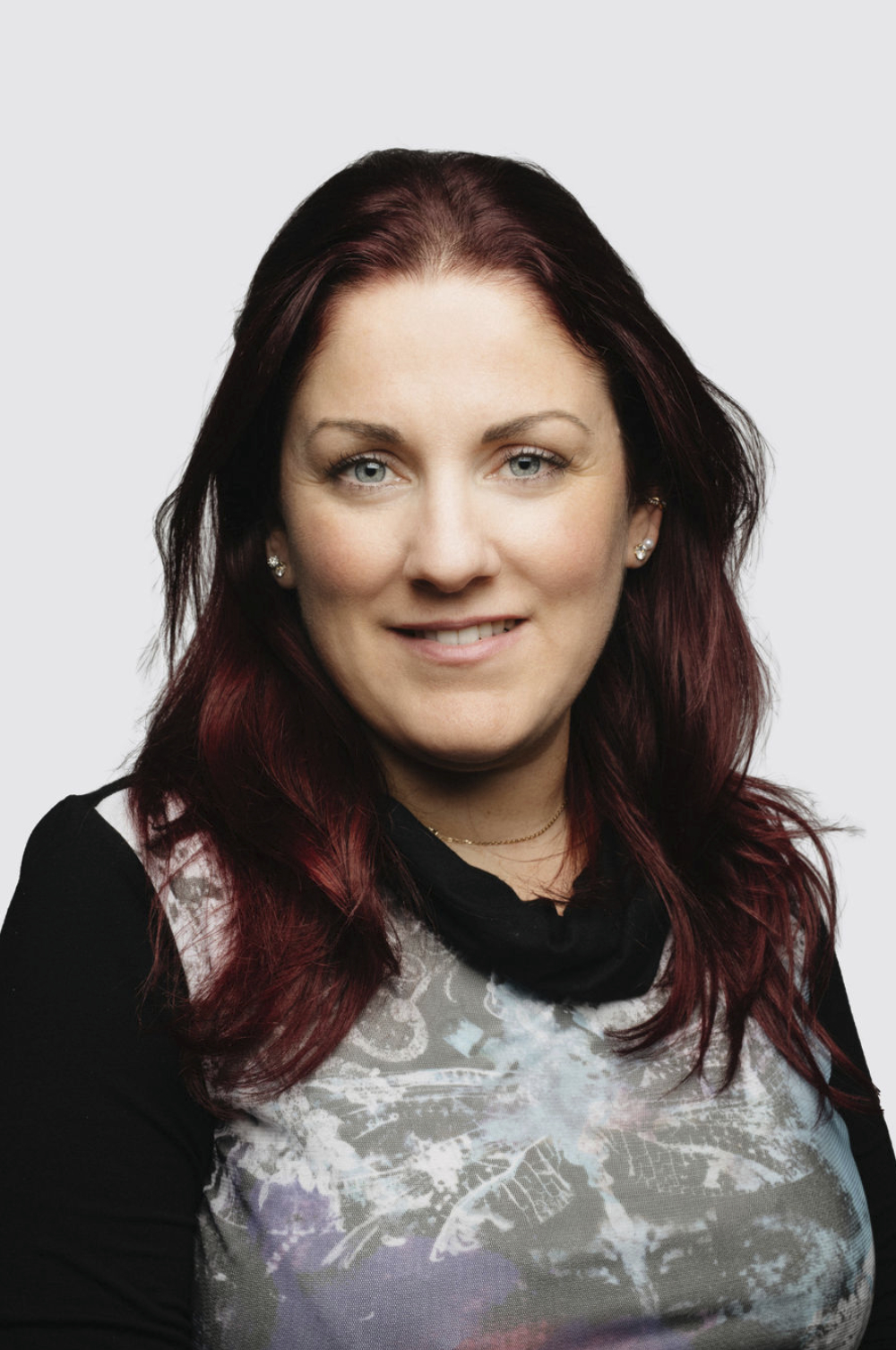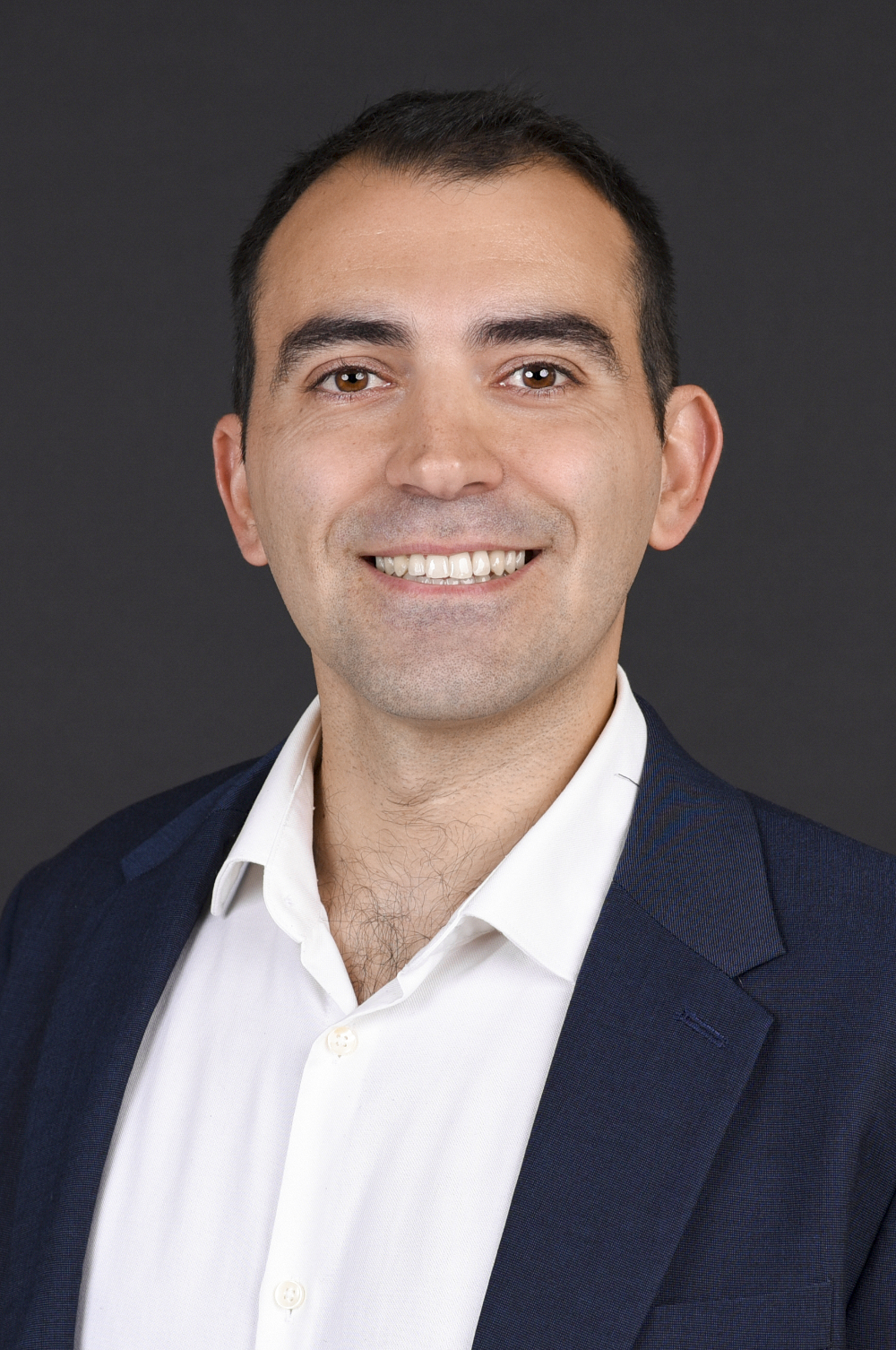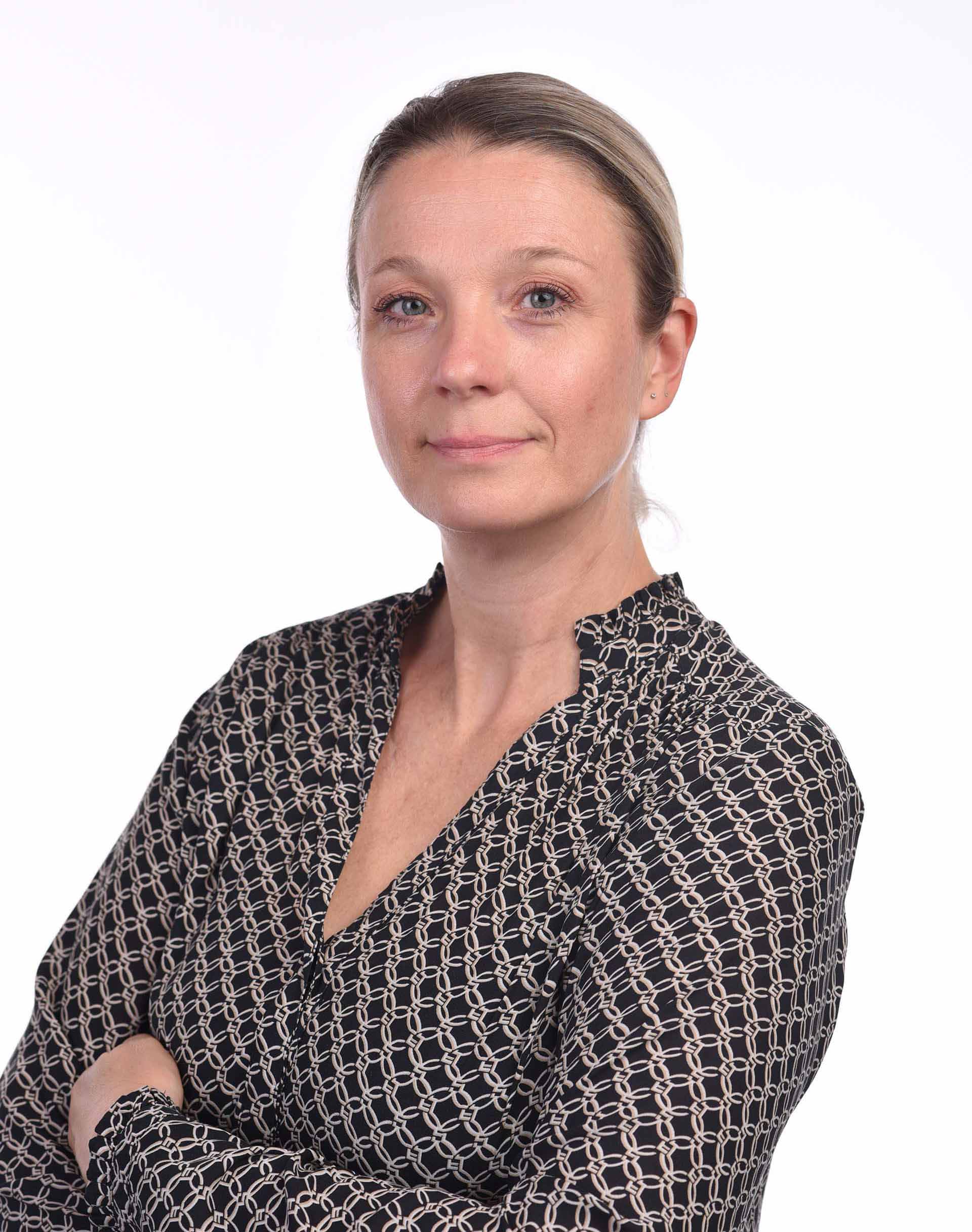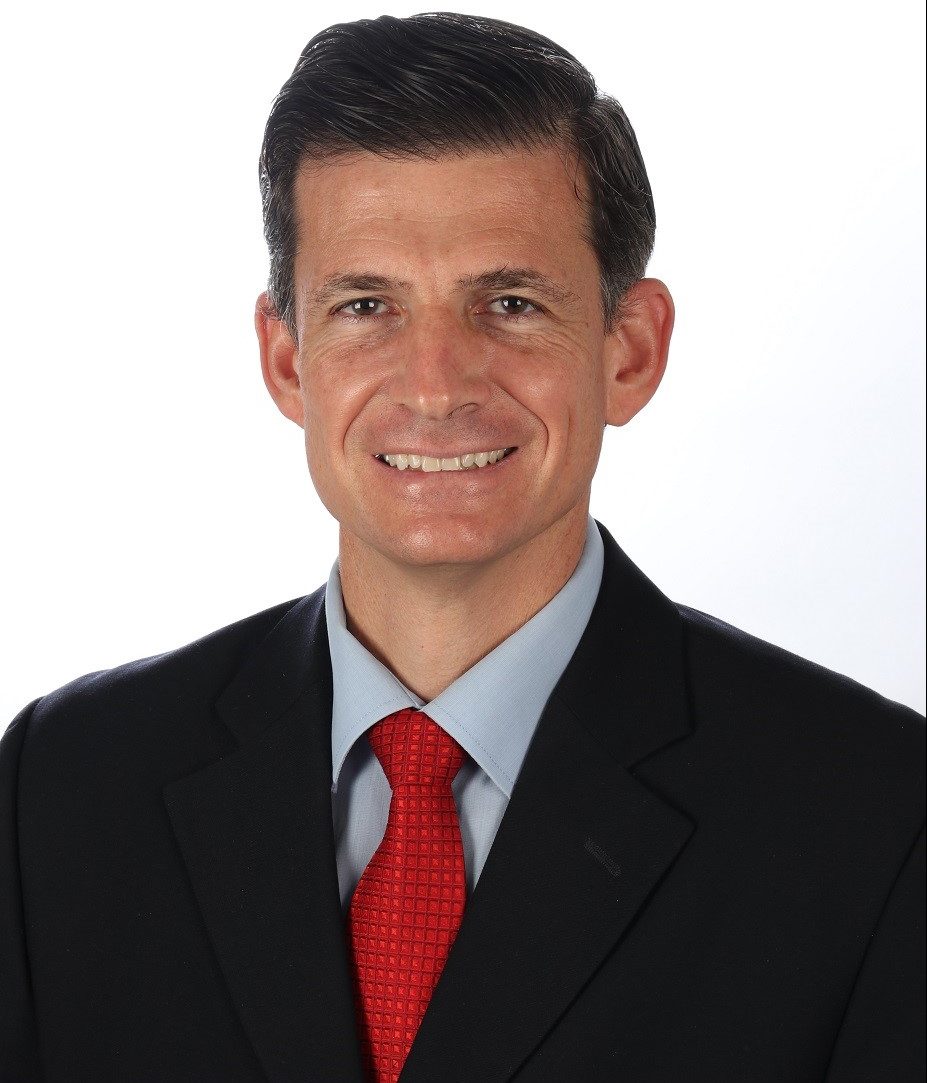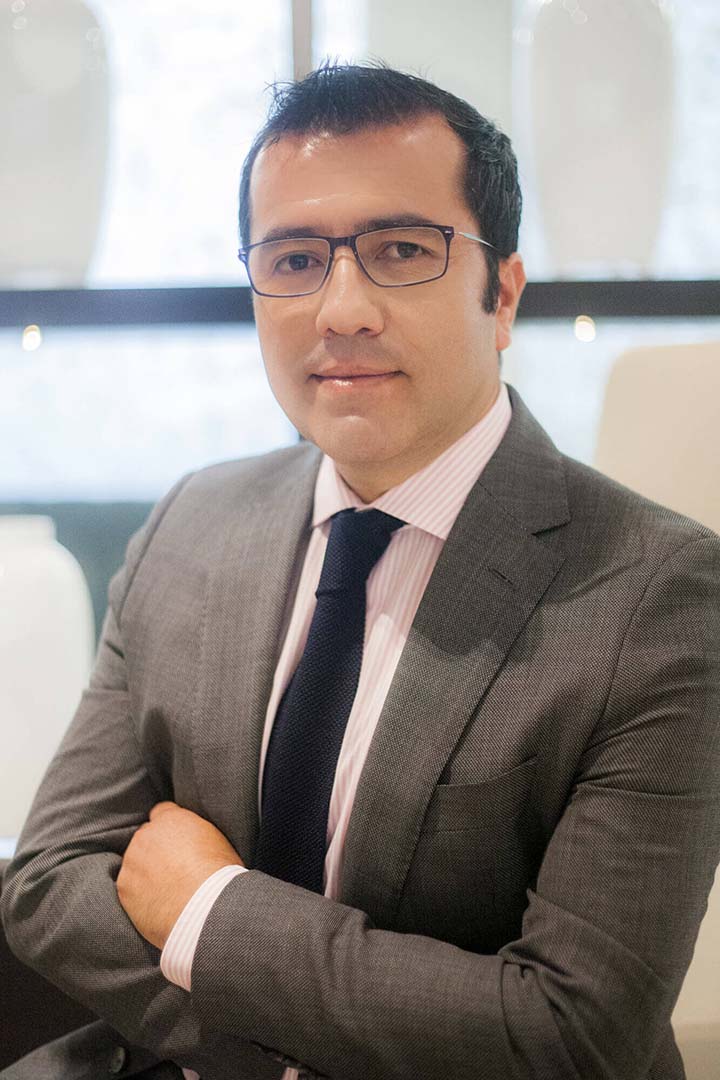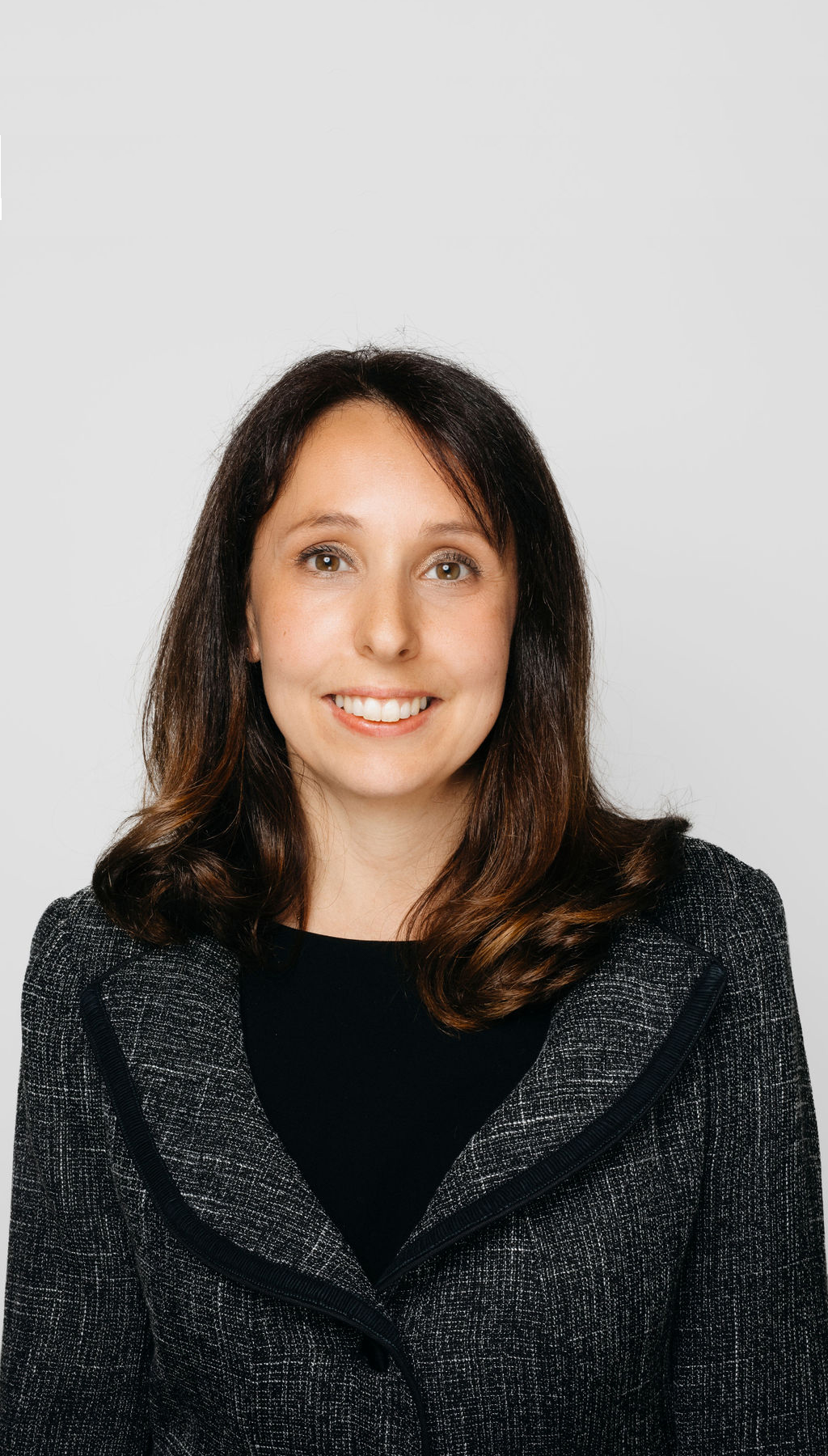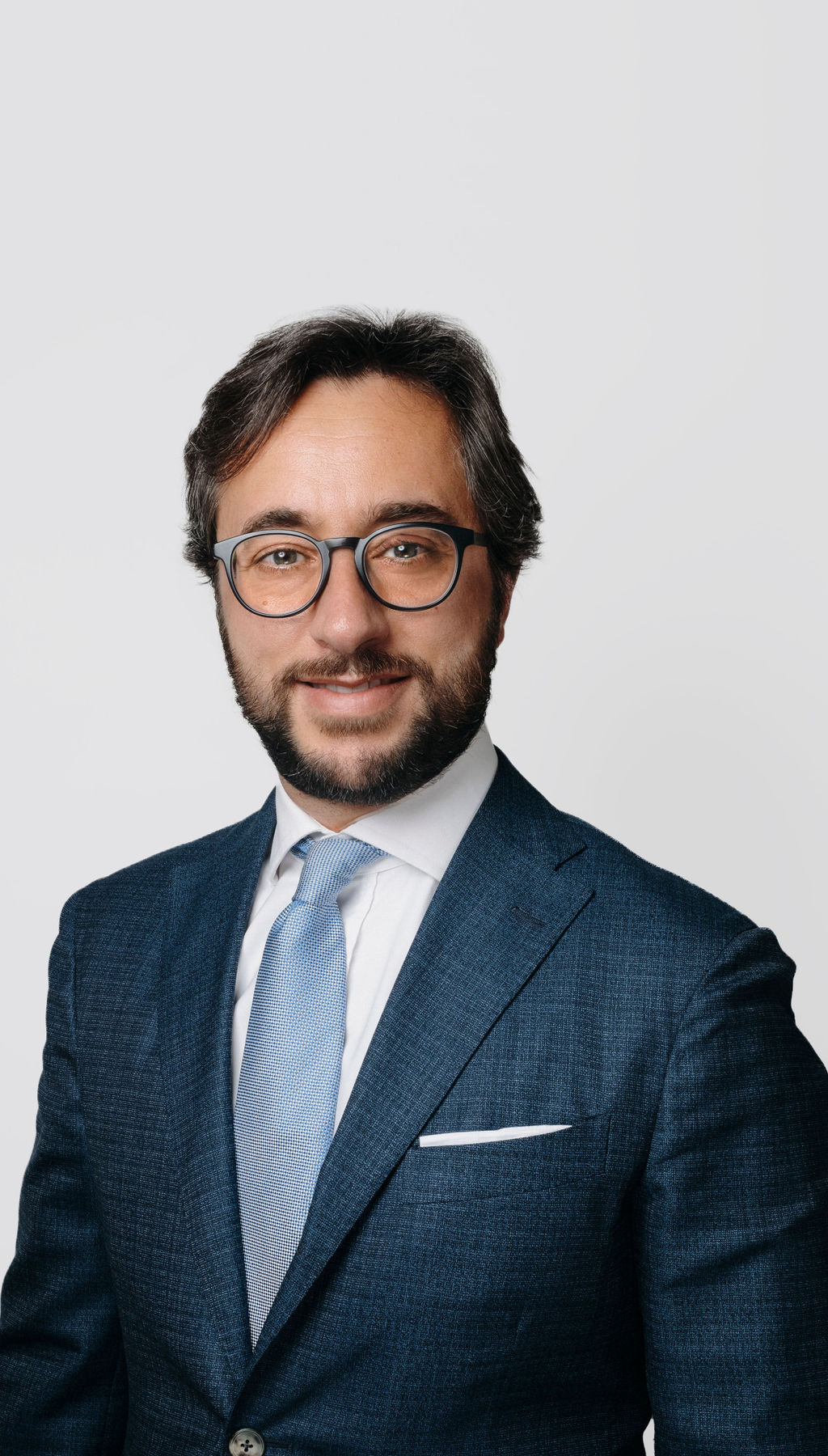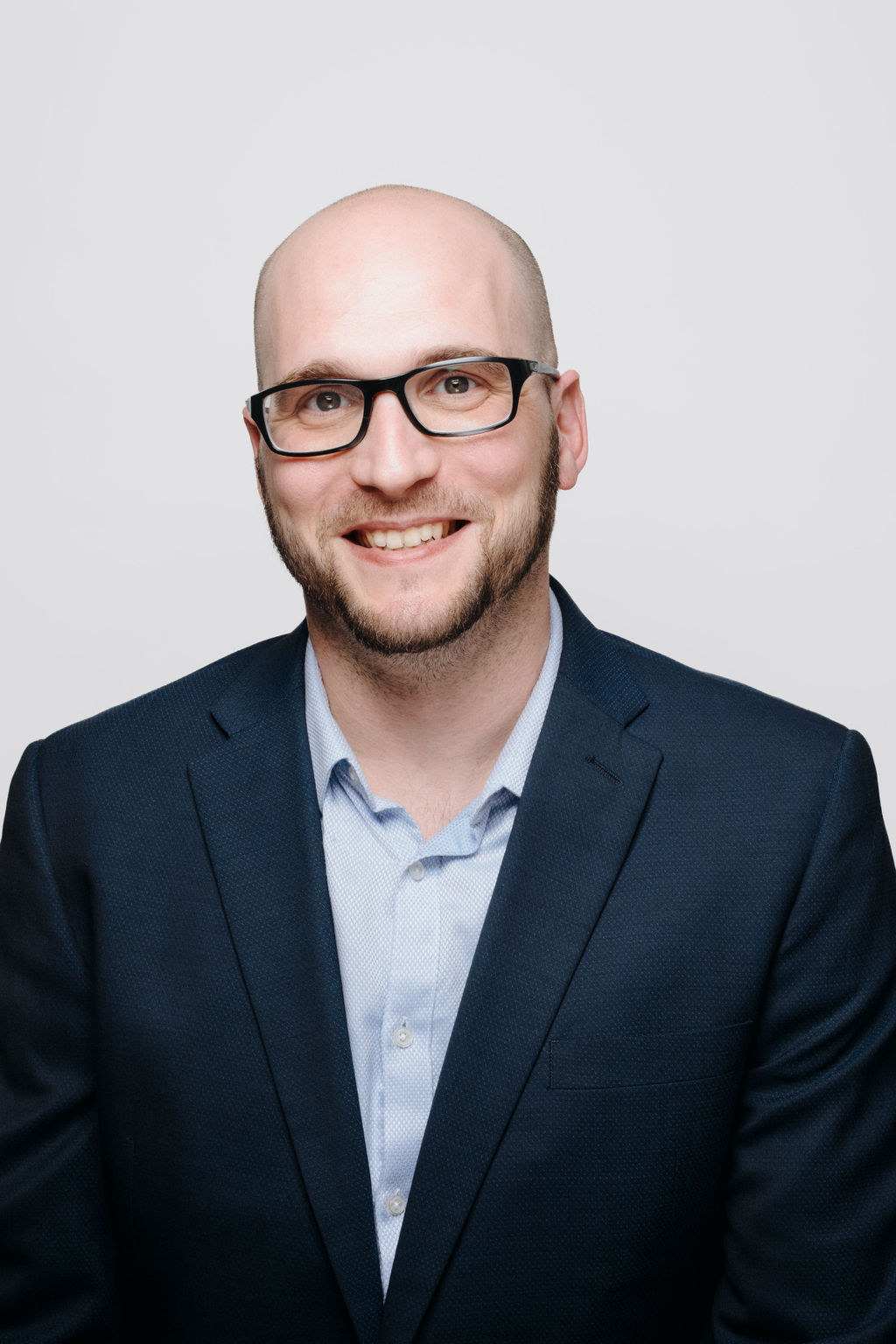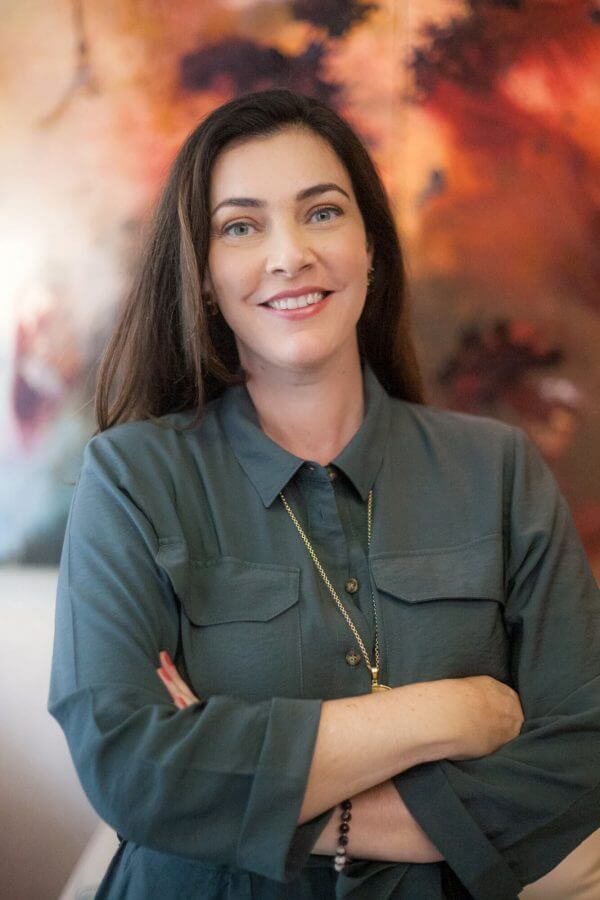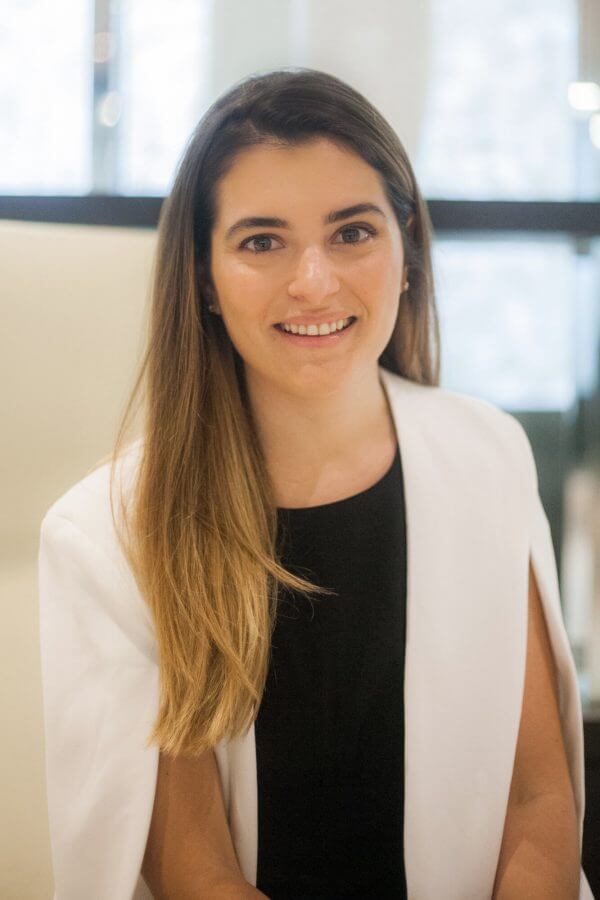Independent Thinking in a Consolidated World
Insights from UMA Wealth Co-Founder Geralda Kral on the Wealth Experts Podcast
In a recent episode of the Wealth Experts Podcast, UMA Wealth Co-Founder Geralda Kral joined Andrés Lakatos, founder of Wealth Experts, to discuss how UMA was built on a simple but bold idea — that independence, expertise, and human connection matter more than size in today’s fiduciary industry.
The conversation offers a candid look at how the wealth management landscape has evolved, what clients really value today, and why boutique firms like UMA are thriving precisely because they refuse to become just another corporate machine.
The Origins of UMA: A Boutique with a Mission
UMA Wealth was founded seven years ago, when the industry was in full consolidation mode. Large fiduciary groups were merging, smaller names were disappearing, and clients were being passed between departments instead of being truly advised.
“We saw that many families no longer had direct access to the people who actually understood their structure,” Geralda explained. “We wanted to bring back proximity, judgment, and accountability.”
From the beginning, UMA’s goal was to remain boutique by design — big enough to handle complex cross-border planning, small enough to stay personal. Today the group counts around 35 professionals across Switzerland (Zurich and Zug), Luxembourg, London, and Cyprus, serving clients primarily from Latin America and Europe.
Independence as the Core Philosophy
UMA’s business model is built on open architecture — meaning not many in-house products, no conflicts of interest, and no obligation to promote a particular jurisdiction.
Instead, the firm focuses on what truly fits each family, drawing on a global network of bankers, lawyers, fiduciaries, and fund administrators.
“We don’t sell products; we solve problems,” Geralda said. “Our job is to find the best provider, the best director, or the best jurisdiction — even if that’s not where we have an office or licensed Trustee.”
That independence has become UMA Wealth’s signature. Clients recognize that the firm’s consuservices isn’t shaped by internal sales pressure, but by substance and trust.
How the Market Has Evolved
The podcast also explored how wealth structuring has changed since the introduction of CRS and the global transparency era.
The old focus on tax deferral has given way to a more sophisticated conversation around asset protection, risk management, and legitimate optimization.
Families today want:
- Simplicity and legitimacy — structures that are transparent yet effective.
- Political and economic protection — especially for Latin American families diversifying into Europe.
- Strategic optimization, not evasion — reducing exposure to inheritance, wealth, or U.S. estate taxes within the law.
Switzerland continues to stand out because of its bilateral investment treaties, FINMA regulation, and its deep pool of legal and fiduciary expertise. As Geralda put it, “Clients want to do things right, but they also want stability — and Switzerland still provides that.”
What Sets UMA Wealth Apart
There are roughly 100 to 150 FINMA-licensed trustees (or Financial Institutions, such as banks or external asset managers, which also have a Trust License) in Switzerland, yet UMA’s approach stands apart through its dual role as consultant and trustee.
Rather than focusing only on administration, UMA helps families think through every layer of a structure — legal, fiscal, operational, and governance.
Key Differentiators:
- Consultancy-first mindset: Every engagement starts with understanding what the client has and needs before proposing any structure.
- Cross-disciplinary expertise: UMA combines lawyers, accountants, and economists who collaborate seamlessly on complex mandates.
- Hands-on relationships: The team travels frequently, works Latin American hours when needed, and maintains direct access with every client.
- Educational focus: UMA spends time explaining to clients how compliance, regulation, and reporting work across jurisdictions.
This human and intellectual investment has paid off — clients know that UMA Wealth doesn’t just build structures, it builds understanding.
Navigating a More Complex World
The fiduciary world has become significantly more complex. Tax, company, and reporting laws evolve faster than ever, especially in Latin America.
Geralda noted that a structure that works this year may require adjustments next year, and success depends on continuous monitoring and education — both for clients and for the team itself.
“The hardest part today,” she said, “is managing expectations in a moving landscape. That’s why we invest so much in learning — because standing still means becoming obsolete.”
Lessons for the Next Generation
Towards the end of the episode, Geralda offered advice for those entering the industry:
“You need to genuinely enjoy dealing with people and taking responsibility. This is not a job for those chasing easy money. You have to love learning, because the rules change daily — and clients deserve that you stay sharp.”
She also acknowledged the consolidation pressures in the market but emphasized that there will always be space for firms that combine expertise with integrity and independence. Boutique consultants and regulated trustees are increasingly recognized as the antidote to industrialized wealth management.
UMA Wealth’s Broader Vision
Beyond business, Geralda spoke about the importance of culture — creating a workplace where people feel valued, learn continuously, and enjoy what they do.
“We spend a lot of time at the office,” she said. “So the environment matters. Clients can feel when the team enjoys working together.”
That same philosophy applies to UMA Wealth’s collaborations with other professionals — fostering a network built on mutual respect, shared ethics, and long-term relationships.
